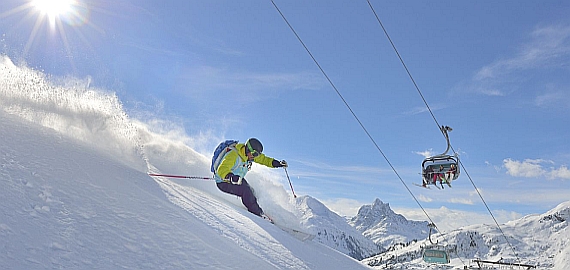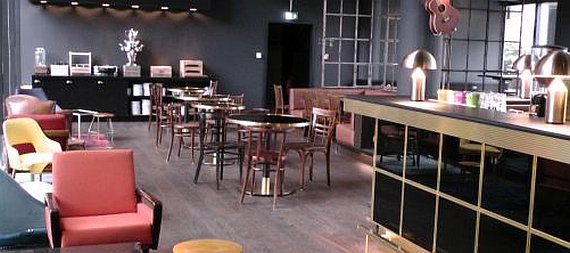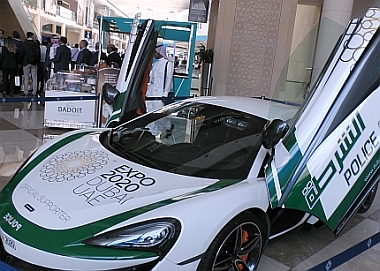
News & Stories
Frankfurt/M. Supply and demand remain at a high level throughout Germany's events sector. The amount of conferences, meetings and seminars has increased significantly. Also the event sector in Germany becomes more and more international. The new numbers of the "Meeting- & EventBarometer 2016/2017".
Vienna. The Austrian Hotelier Association published its 18th Destination Study yesterday. Vienna remains in pole position. The association now plans to internationalise the study and from 2018 will also include South Tyrol, Bavaria and presumably also Switzerland.
Innsbruck. Whilst the snow is melting on the European Alps and winter sport is in decline, China is expanding this segment. The Ministry of Trade recently made a pitch to mid-size companies in Innsbruck in order attract Austrian experts to China.
Oetztal/Tyrol. How do you stimulate a skiing season? An American ski lift company is exclusively selling expensive season tickets and making money with the offers around the ski runs. Europe is very different – and gets lost in crowdfunding. In Saas-Fee in Switzerland, a price competition is raging; the Austrians have found more conservative and reliable alternatives. Fact is: the hotel industry is earning as well as soon as day skiers become repeated visitors. How are destinations able to attract more tourists despite the melting snow? An interesting view outside the box.
Shanghai. Today the first ITB China is closing its doors. The premiere of the new travel fair in Shanghai obviously was a great success – the event was already fully booked three months in advance, as reported. From Europe, TUI Group took the opportunity to announce its plans for China.
Frankfurt/Main. Protectionism, political instability and protests have an influence on real estate-economic business models, all over the world. Especially Trump has caused great anxiety among investors. Nonetheless, stones remain high in the favour of the investors. This is especially true of hotel properties in Germany, as became apparent at the "Urban Leader Summit" in Frankfurt recently. On the other hand, hotel insiders were criticising the dependency on investors as well as the jumble of operators, and they see signs of a bubble.
Rome. Just in time before a promising summer season, Alitalia is financially touching down – and giving Italian hoteliers reason to worry. The airline has just been put under temporary receivership. After this, the carrier will be sold or will finally declare itself insolvent. Or even earlier if it runs out of money. This will definitely hurt tourism.
Salzburg. So far, the winter in Austria has recorded a loss in overnight stays. Nevertheless, it was the fifth most successful winter in the historical comparison. But the resort hotel industry is currently better off than the city hotel industry, which is unable to compensate the tax increase, amongst other things.
Dubai. For a year already, Dubai has been the first of the world's countries to introduce a state "Minister of Happiness". Ohood Al Roumi is the name of the woman with the nice voice who tells everyone her story on board an Emirates flight. Dubai itself tells a somewhat different story – one of an oversupply of rooms, falling revenues, personnel cuts and of a new 5% VAT rate, set to be introduced in 2018. Because 2017 again began positively, the short-term memory of Dubai's citizens again appears to select out the bad news. The news from the world of superlatives doesn't stop: theme parks, water shows, the new opera and the launch of the first passenger drones...
Alexandria, Virginia. The modern business traveler is concerned – about his personal safety. Corporate travelers simply request more security, a survey revealed. It has become a top priority in a short time.



